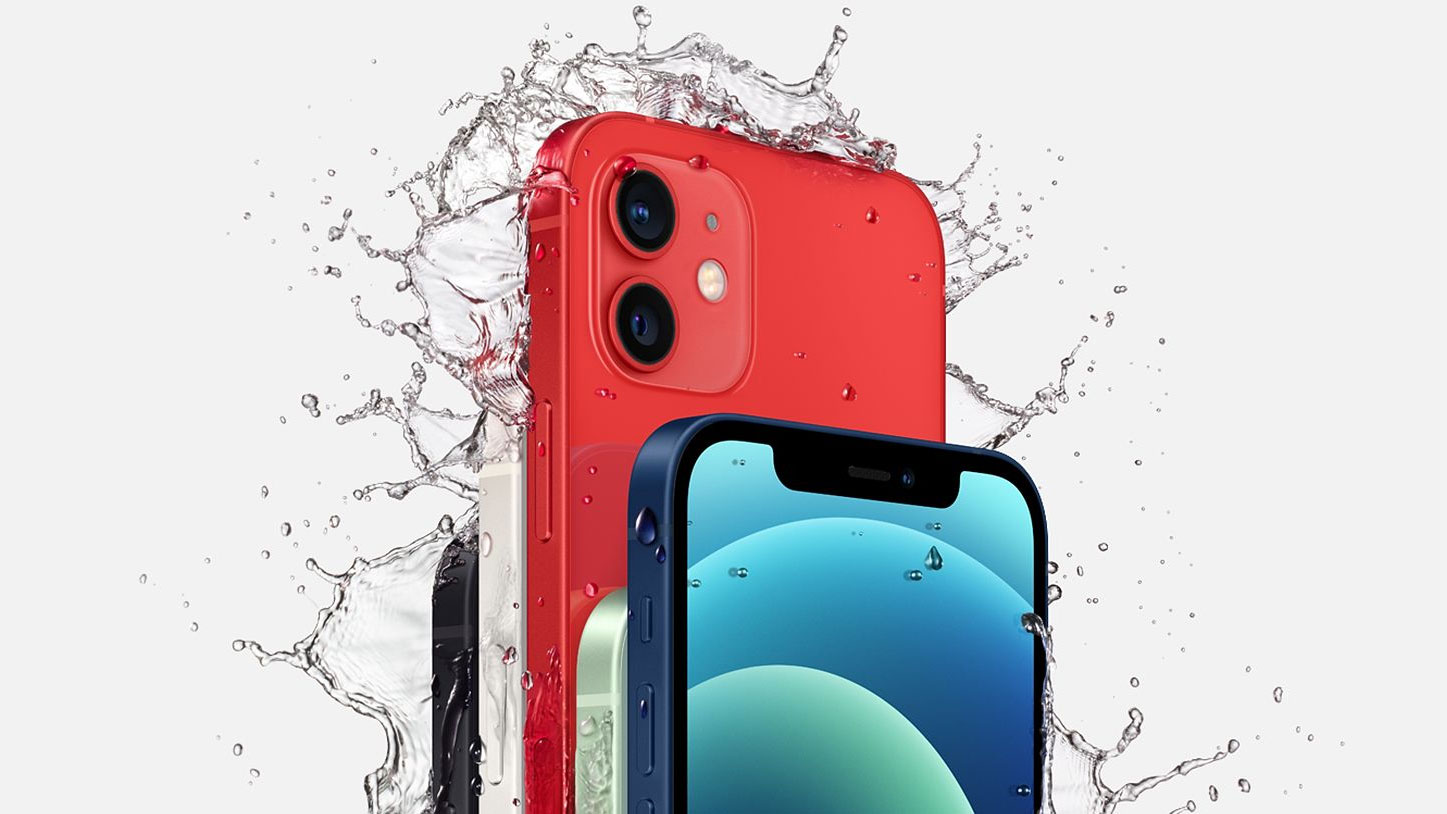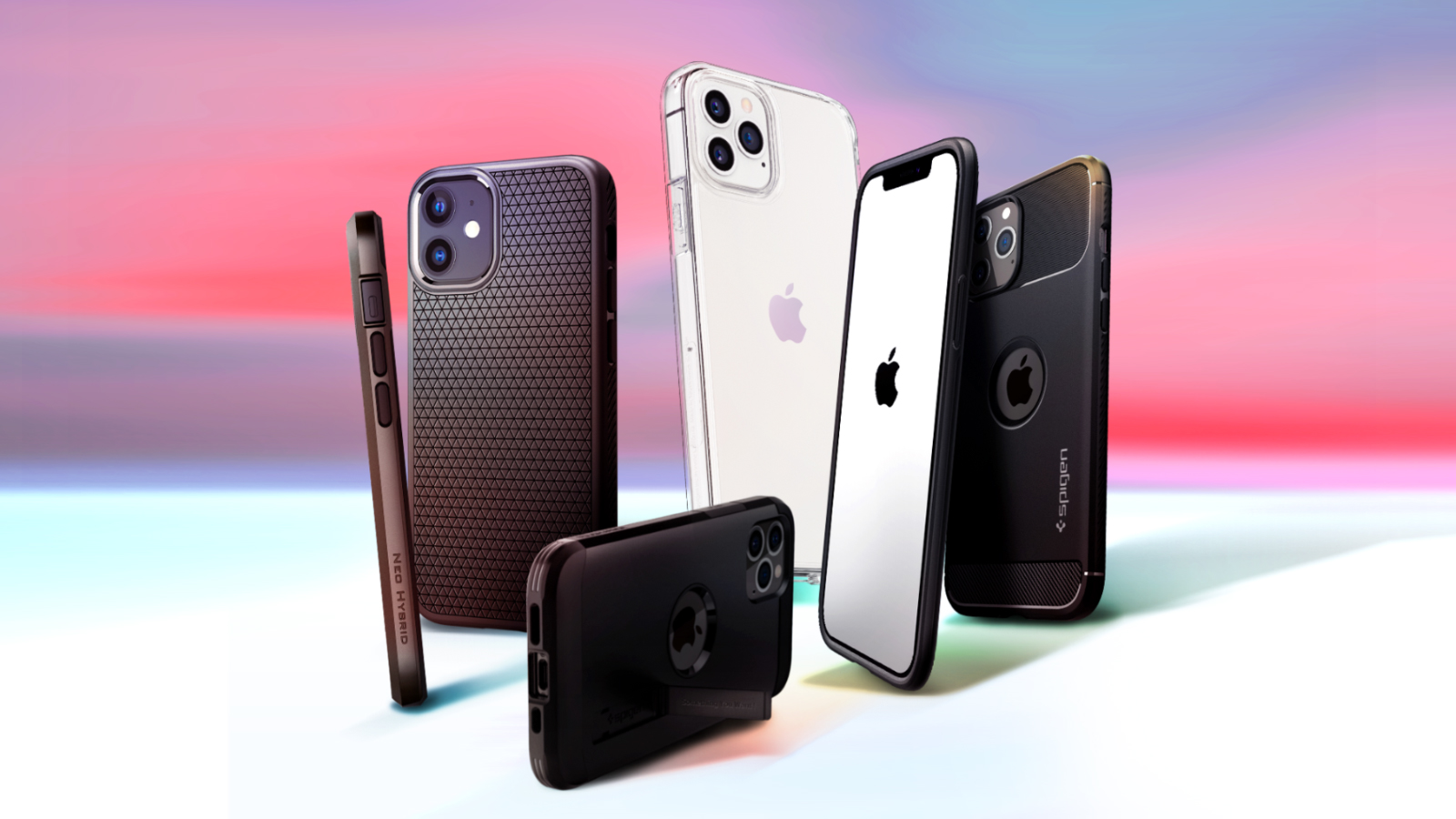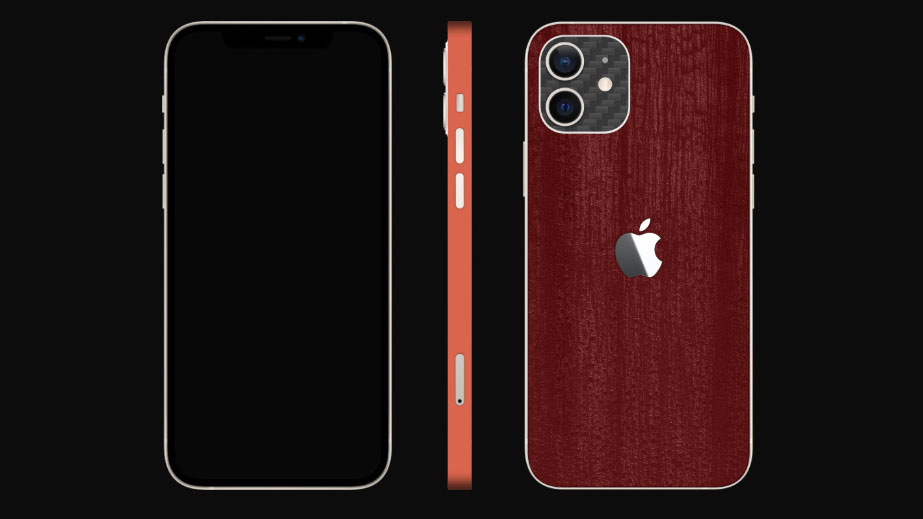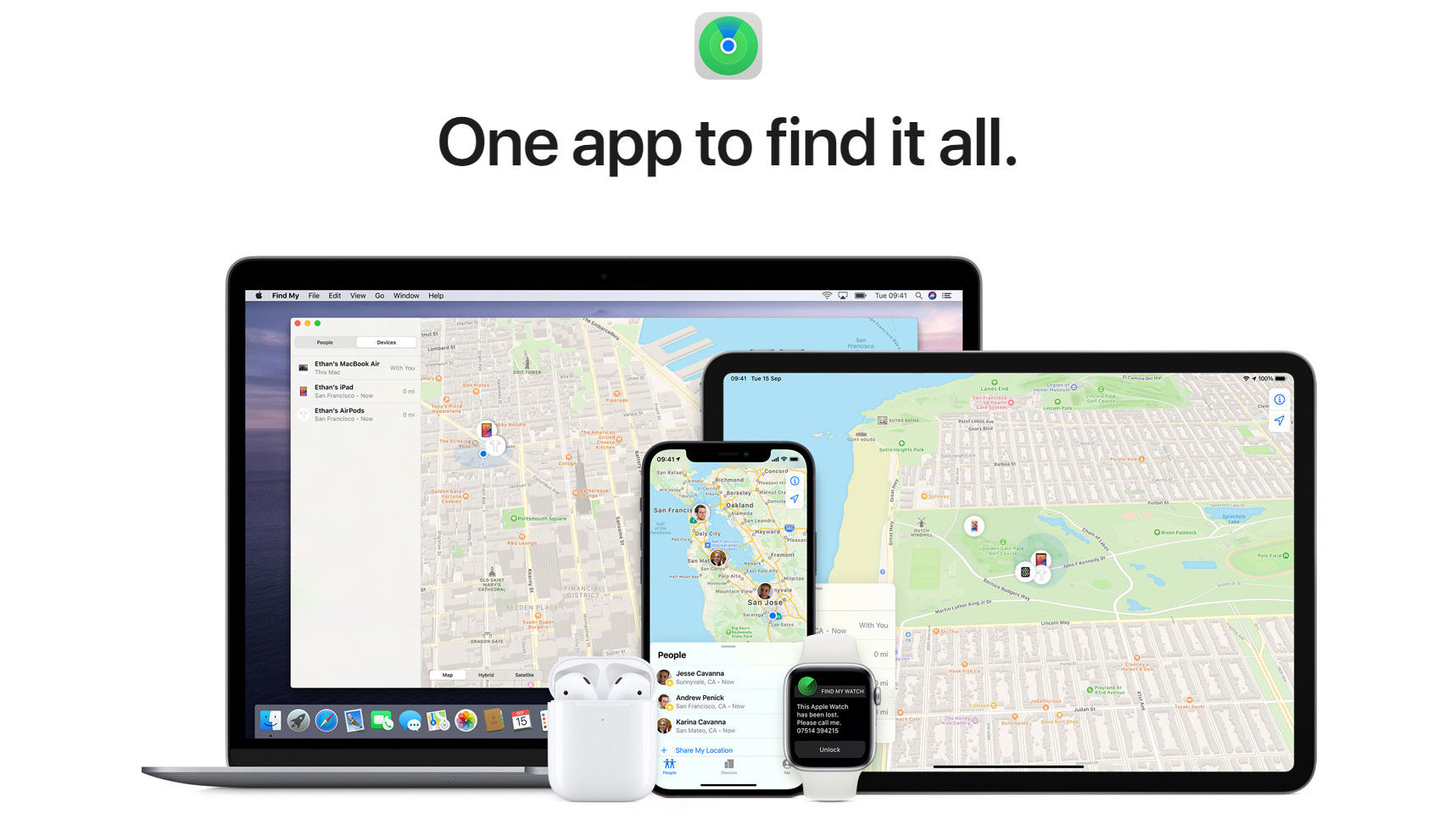Buying the iPhone 12? Here are 5 ways you can protect it
The last thing you want is to spoil that style

The iPhone 12 series of phones is here. You have four to choose from, enough to make a cosy smartphone family.
Apple's iPhone 12 Mini is the baby of the bunch, a 5.4-inch screen pocket rocket with just as much power as the top model. The standard iPhone 12 raises the screen size to 6.1 inches, and we think it's a great place to start for most iPhone buyers.
Spend a little more and you enter the Pro league. The iPhone 12 Pro gets an amazing zoom camera, while the iPhone 12 Pro Max has even greater zoom skills and a much larger 6.7-inch screen.
All four use Apple's new signature design, trading curved corners for flat ones. It's a sharper look, and cuts down on bulk. But the last thing you want is to spoil that style with scratches and scuffs.
Here are five of the best ways to protect your phone, and be covered if it is lost or stolen.
- iPhone 12 colors: new shades for Apple's four new iPhones
- iPhone 12 vs iPhone 12 mini vs iPhone 12 Pro vs 12 Pro Max
- What is a LiDAR scanner? The iPhone 12 Pro's camera upgrade, explained
1. Case: the no.1 choice for everyday protection
Rule number one of owning an iPhone is you have to consider buying a case. Even if you don't get one, don't sleepwalk through this stage and wonder why you've scraped your iPhone 12's lovely aluminium (or steel) sides in week one.
There are almost countless case designs. The most basic are third-party silicone ones that might cost a just few dollars or pounds. More advanced versions of this same ideal use little air pockets in the corners. These compress on impact, soaking up the force of a fall.
Get daily insight, inspiration and deals in your inbox
Sign up for breaking news, reviews, opinion, top tech deals, and more.
For a sharper look, consider a polycarbonate shell instead. These are harder, and therefore often feel more refined. However, most are better at protecting your phone from scratches than impacts. Still, an iPhone 12 with a hard shell case will still weather a fall better than a naked one.
Cases with the highest level of protection use several different kinds of material. You might have foam in the corners, a rubber inner layer and a hard plastic outer one, for true armor-like toughness.
The iPhone 12 introduces a new case-related feature too, MagSafe. A magnet behind the phone's rear glass snaps MagSafe phones into place so you don't have to wrangle the into position. Look out for MagSafe cases to make full use of an iPhone 12's hardware.

2. Screen Protector: sealing in a phone's value
We'd argue a screen protector is even more important than a case. It's much easier to ignore a scrape on the side or back than a scratch on its front.
The iPhone 12 has a new kind of toughened glass with a layer of ceramic on its surface. Apple claims it's even harder than the toughened glass of other top-end phones. But better safe than sorry, eh?
A basic screen protector is a piece of plastic with adhesive on one side. We find these don't spoil a phone's image quality or touchscreen performance, but getting them on without bubbles can be tricky. Consider hunting one that comes with a fitting tool in the box if you've had trouble in the past.
Like a cheap case, you can pick up a basic screen protector for just a few dollars or pounds online.
Higher-end screen protectors are made of tempered glass, which will pick up damage less readily than a low-end one. You'll see some of these marketed as "9H" hardness, which would mean they are harder than glass or topaz, and only one step below diamond.
Such claims are a bit ambitious, but glass screen protectors are very popular and stay fresh longer. They usually cost around $6-15 / £5-£15.
3. Get stylish with a phone skin

A phone skin is the slickest way to protect your iPhone. This is a little like the wrap a custom shop might put on a performance car.
They are made of thin vinyl, and add almost zero weight or bulk to your iPhone 12. Drop protection is minimal, but scratch protection is excellent.
Design is the real highlight here. You'll find some incredibly intricate and bold phone skin designs online. They can turn your iPhone from a masterpiece of engineering to a masterpiece of art.
You can often choose whether to leave the Apple logo on the back "naked" or not. And many have small pieces that cover the glass around the cameras for a true full-back effect.
4. Phone Insurance: cover damage, loss or theft
Mobile insurance can be a lifesaver if you own a high-price phone like an iPhone 12. You can get buy phone insurance on its own, of you may be able to add it to your home insurance.
As with any insurance policy, the key is to check what it covers before you hit the checkout.
Standard things to look for include theft, accidental damage and damage caused by liquid. It may also cover phone accessories and faults that develop in the phone without any obvious accident to cause them.
You may have to pay extra for loss. It makes sense given you're making a claim with limited proof the phone is actually lost, or even existed in the first place.
5. Find My (iPhone): never lose your iPhone

Your best bet is not to lose your phone in the first place. Apple can help with that. It has a brilliant feature called Find My, which helps you locate your iPhone, iPad, MacBook or AirPods.
Turning it on only takes a moment. Go to the iPhone 'Settings' menu, tap your name and then 'Find My'. You'll need to login to your Apple ID account, and then just make sure the feature is enabled in the toggle on this page.
Then when you misplace your iPhone 12 you can find where iCloud saw it last on any browser.
Go to iCloud.com/find. You'll be asked to enter your login details and Find My will then pinpoint where your iPhone is, or at least was the last time it had battery.
You might also want to check out the best Apple Watch screen protectors, and best iPhone screen protectors.
Andrew is a freelance journalist and has been writing and editing for some of the UK's top tech and lifestyle publications including TrustedReviews, Stuff, T3, TechRadar, Lifehacker and others.

